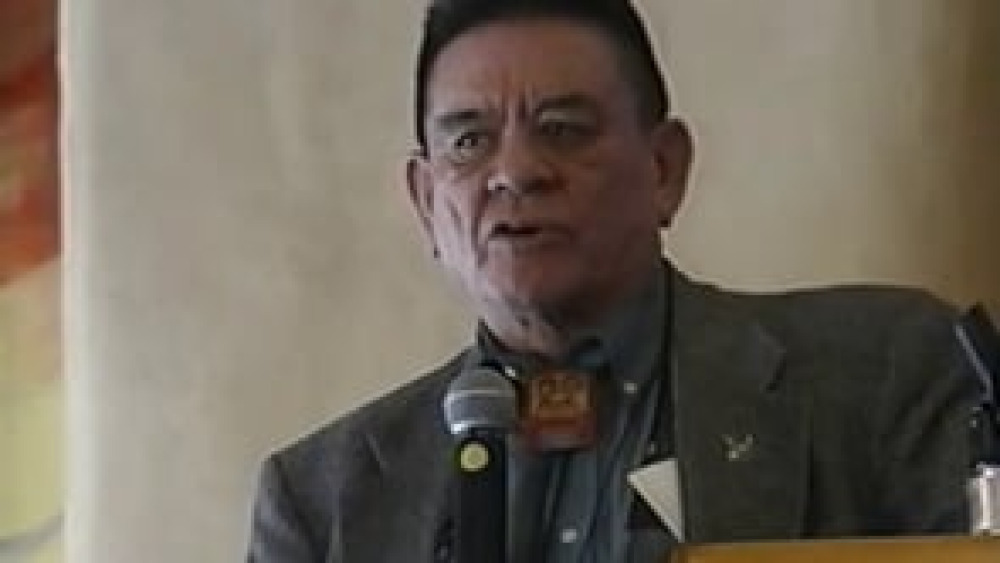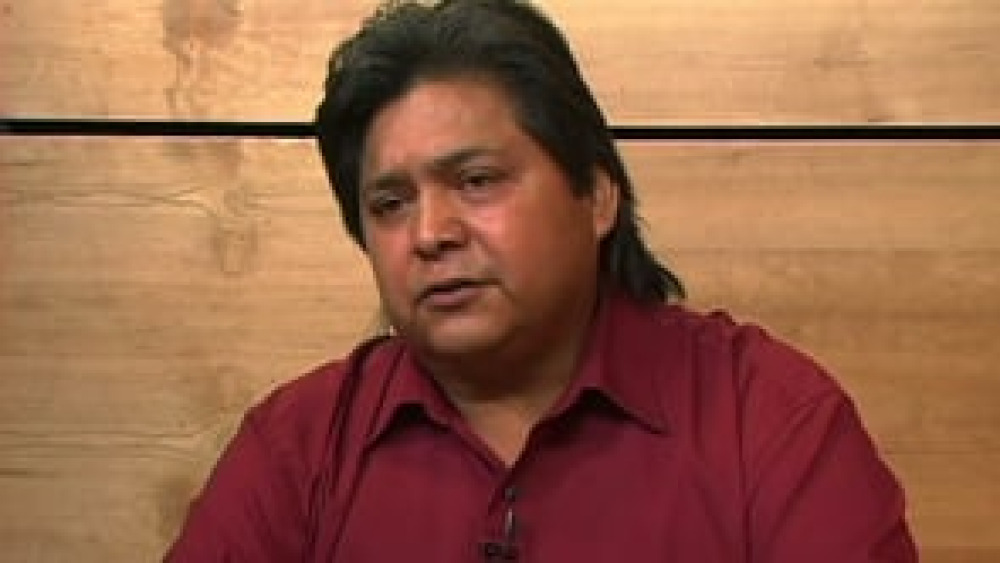Indigenous Governance Database
intergovernmental affairs office
Thumbnail

Honoring Nations: John McCoy: Intergovernmental Relations
John McCoy of the Tulalip Tribes offers advice to session participants about how to communicate tribal priorities in the intergovernmental law and policy arenas.
Thumbnail

From the Rebuilding Native Nations Course Series: "What Successful Intergovernmental Relationships Require"
Native leaders explain the importance of Native nations building their capacity to effectively engage in the development and maintenance of intergovernmental relationships with other sovereign governments, stressing that doing so is a critical component of the full exercise of tribal sovereignty.…
